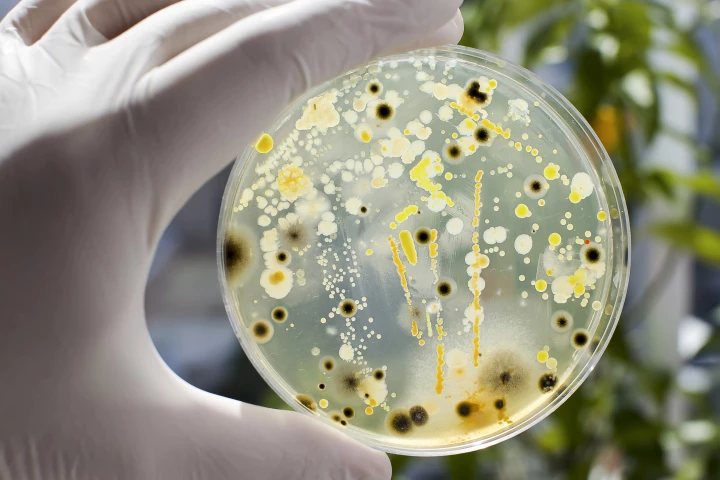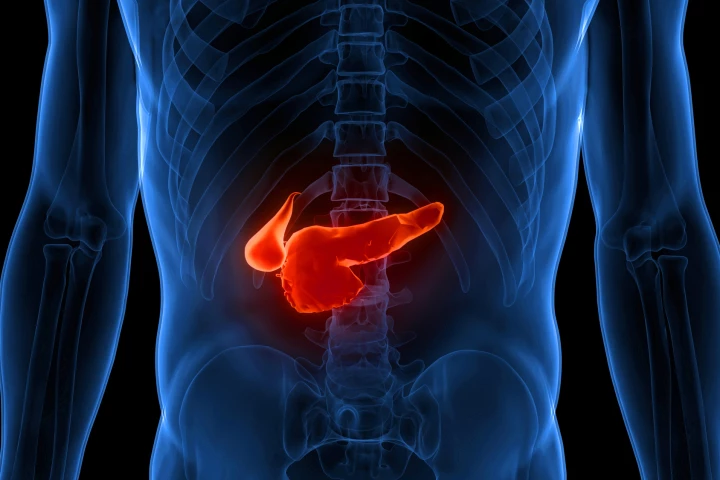Pancreatic cancer
-
For the first time, scientists have identified 27 bacteria and fungi in our mouth that contribute to pancreatic cancer. Collectively, carrying all of these “bad” microbes increases cancer risk by 250% – 3.5 times higher than in the general population.
-
By knocking out a protein duo’s “bodyguard” role, researchers have exposed a hidden weakness in pancreatic cancer. It’s a discovery that could lead to smarter, more effective treatments for one of the deadliest cancers.
-
We could be on the verge of a major cancer breakthrough, with a new nanoparticle-based vaccine reportedly obliterating pancreatic cancer cells in preclinical trials. This success now takes it a step closer to a first-of-its-kind human trial.
-
Scientists at Oregon Health and Science University (OHSU) have developed a new blood test for pancreatic cancer, one of the most deadly forms of the disease. Tests showed up to 85% accuracy in detection, even in early stages.
-
A study has linked elevated blood insulin levels and pancreatic cancer. The researchers say their findings may lead to new cancer prevention strategies and targeting treatments to slow or prevent the progression of the cancer.
-
Cancer vaccines are a medical holy grail – but what if you could repurpose a vaccine you’ve already had? Scientists have demonstrated in mice a way to trick the immune system into attacking tumors by mistaking them for a pathogen it already targets.
-
Researchers have used radioactive monoclonal antibodies to find and destroy a particularly lethal form of pancreatic cancer. The combination of diagnostics and therapeutics could lead to earlier detection and more effective treatment of the disease.
-
Researchers have found that replacing a nutrient that pancreatic cancer cells rely on to survive and grow with a copycat version starves the cancer, slowing its spread. It opens the door to an entirely new approach to treating this deadly cancer.
-
Typically thought of as candy, the root form of licorice has long been used in traditional Chinese medicine to treat a range of conditions. Now, a new study shows that a compound from the root is highly effective at fighting pancreatic tumor growth.
-
Engineers at Duke University have developed a novel delivery system for cancer treatment involving a radioactive implant, and demonstrated its potential against one of the disease’s most troublesome forms: pancreatic cancer.
-
Scientists at Cambridge have identified a protein that plays a key role in cancer metastasis, which not only hints at a new potential treatment but reveals for the first time that this process isn’t unique to cancer, as previously thought.
-
Getting cancer drugs to the right place in the right quantities is a perpetual problem for medical scientists, but a group from University of California, Los Angeles has developed a new drug delivery system to address the problem.
Load More











